The VGM Group
Updated 9:21 PM CDT, Mon October 31, 2016
By: VGM Insurance Services
Background checks are an indispensable tool for any industry. Bad hires pose unique hazards to the health and welfare of businesses – namely property loss, customer dissatisfaction, litigation and damage to a company’s professional reputation. We’ve made it our goal to help eliminate the threat of these risks for our customers. The responsibility lies with a company’s owner and manager to maintain a safe environment for their employees, customers and guests. We know you want to hire qualified, talented people who will help your business thrive; background screening must be an integral part of the process to find and hire those people. When conducting background checks, we offer these best practices for your consideration:
- Develop a policy. Create a policy for screening prospective employees, PUT IT IN WRITING, and make it available for all to see. Include a list of the types of background checks that are required for your business: criminal checks, motor vehicle records (MVRs), credit checks, etc. You may want to consider identifying these checks by job position. Finally, seek out your legal counsel to help you develop your unique background check policy.
- Comply with all pertinent laws. This is the big one. Background screening is impacted by federal, state and local laws. Your background screening policy and its execution MUST be compliant with each, most importantly with the Fair Credit Reporting Act (FCRA), which is enforced by the Federal Trade Commission (FTC).
The most common method of obtaining information about potential hires is through the use of consumer reports. Most everyone is familiar with consumer reports, and most people likely associate them with credit reporting. However, in addition to a person’s credit worthiness, standing and capacity, consumer reports can also provide employers with information about an applicant’s general reputation, personal characteristics and mode of living.
FCRA requirements include procedures that employers must adhere to when requesting consumer reports and processes that employers must follow if they plan on using any or all of the information gathered from the consumer report. In addition, about 20 states currently have consumer reporting laws on the books that are more stringent than the FCRA. You should check with your legal counsel and with your state concerning its own consumer reporting laws.
The Equal Employment Opportunity Commission (EEOC) is the federal agency charged with enforcing laws that prohibit discrimination in the workplace. The EEOC also issues regulations on the use of criminal records. For example, the EEOC requires that when using criminal information to screen job applicants, employers must consider the nature of a crime, the amount of time elapsed since the crime occurred and the nature of the job for which a person is applying. The EEOC also requires that an employer’s policy for excluding potential hires based on criminal conviction must include an evaluation that such exclusion is “job related for the position in question and consistent with business necessity.”
And, “Ban the Box” laws have been in the news recently. About 23 states – the number continues to rise – and many cities and counties have passed some form of Ban the Box laws where employers are not allowed to ask an applicant if he or she has been convicted of a crime. Best practice is to remove such a question from your job application form. EEOC guidelines also suggest such a practice.
- Consistency is key. Think “all or none.” Be sure that when you run background checks you run the same background checks for all applicants applying for the same job. DO NOT PICK AND CHOOSE. Not all job positions require the same level of screening. But, for positions within the same job category, make sure all applicants undergo identical background checks.
- Establish criteria to evaluate results. No background screening program should be without a set ofwrittenstandards by which an applicant qualifies to be hired. Such a set of standards will allow you to look at each candidate for hire objectively and without bias, thus remaining compliant with federal, state and local laws. The standards should be specific for each job position at your company. A best practice would be to include these standards within each position’s job description.
- Perform regular audits of your screening policy. Review your background screening policy and processes on a regular basis. As new federal, state and local laws regarding background screening are enacted, you will want to keep your policy and processes up to date. Assign the responsibility of monitoring legislation to someone at your company; this will ensure your company is consistent and remains compliant.
And, it should go without saying that keeping information about job applicants – and employees – confidential is best practice. Keep all such information in a locked cabinet or office, and shred all outdated documents that reference applicants and ex-employees.
It’s important to review your company’s policies on a regular basis. Legal changes, technology improvements and experience are factors that may result in updates. Seek out your insurance provider to help provide you guidance. They may be able to spot an area for improvement you might overlook.
If you have any questions or would like to learn more, please reach out to the VGM Insurance Services team at [email protected] or 800-362-3363.

Comments